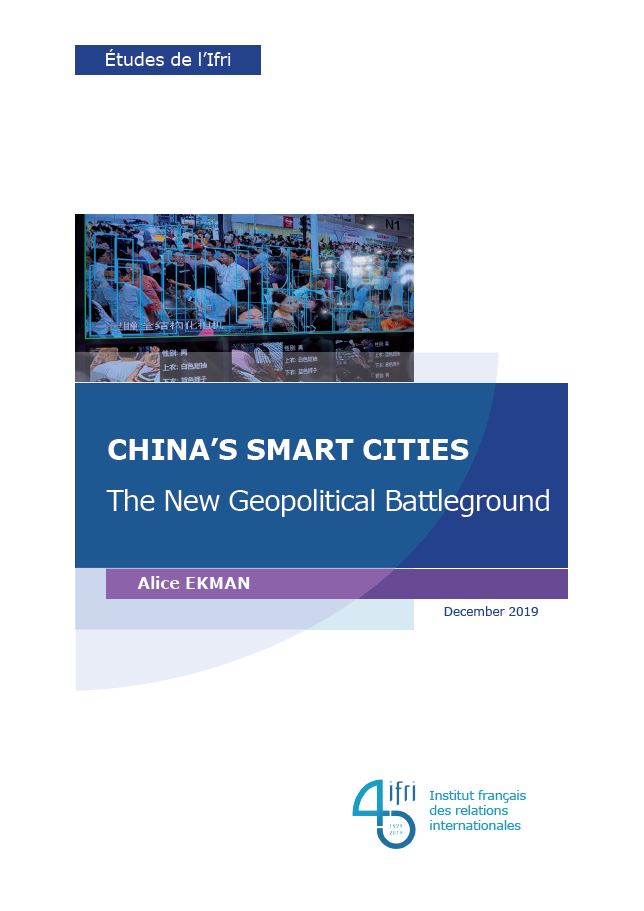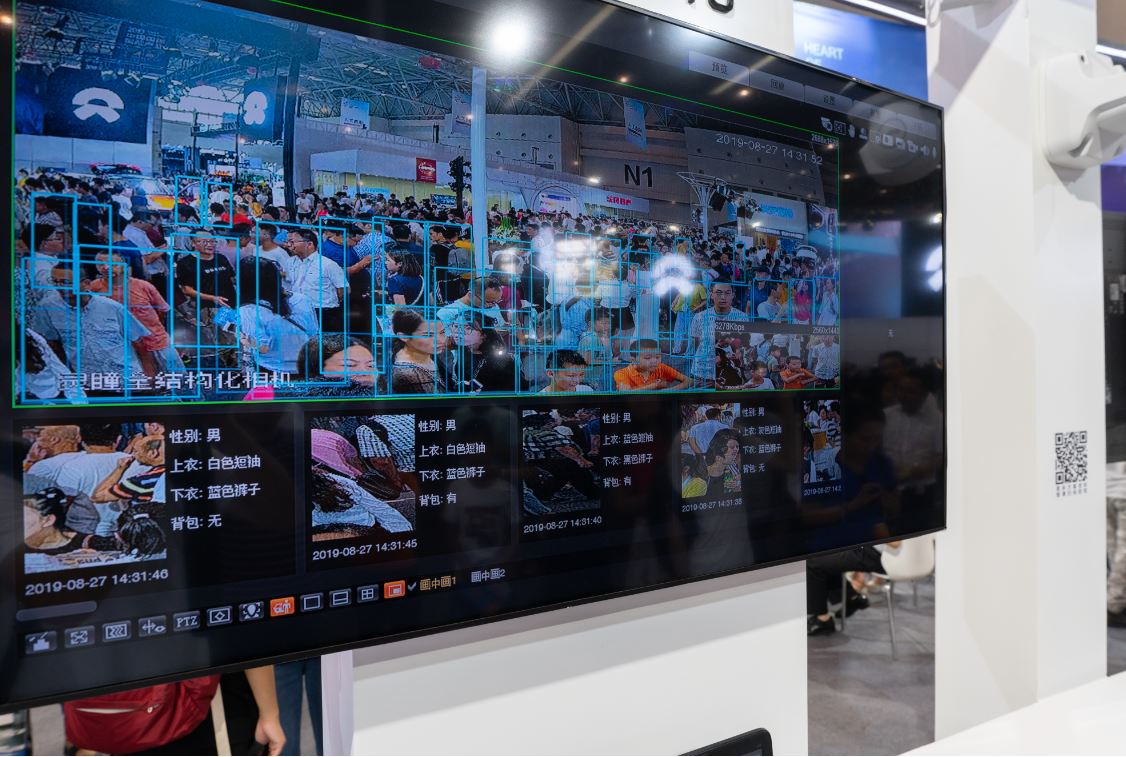China’s Smart Cities: The New Geopolitical Battleground

“Smart city” development has become a fashionable policy and research topic. A growing number of central and local governments in Europe, Asia, Africa and Latin America, in partnership with companies from diverse sectors (construction, transport, energy, water, etc), consulting firms, NGOs and experts, are now developing smart-city-related projects.

Smart city generally refers to the use of technology in an urban environment to enhance the quality and performance of a set of services (transportation, energy distribution and saving, security, etc). The definition and perception of smart city may vary depending on the urban service considered. Among the myriad of reports and studies that now exist on the smart city, most look at it from a sustainable development perspective (optimal use of technology for public transport/green mobility, energy and water saving, recycling, and overall economic and social attractiveness of the city). Others look at it specifically from a security perspective (optimal use of technology for public security, involving the use of cameras, sensors and other devices for police, firefighting purposes, etc).
This report looks at the smart city from a broader, geopolitical perspective, and considers it, for the first time, as a potential area of geopolitical competition between countries. This approach is relevant given the strategic nature of the infrastructure involved in smart-city development (telecommunication and energy grids, mobile networks, data centers, etc). It is also relevant at a time of prolonged tensions between China and the United States – a period during which 5G and other technologies that are key to developing smart cities are generating global debate and diverging positions across countries.
After an overview of China’s smart-city developments on its national territory, the report analyzes China’s new global ambitions as a smart-city provider to the world in a comparative perspective. To what extent do China’s smart cities differ from others? Are China’s smart cities promoting a new type of urban governance model? At a time of reinforced tensions between China and the US, can smart cities still be developed jointly with the technologies of both countries? The report addresses these questions in a prospective manner, considering that smart cities remain at an early stage of development, and that US-China rivalry is likely to last.
Download the full analysis
This page contains only a summary of our work. If you would like to have access to all the information from our research on the subject, you can download the full version in PDF format.
China’s Smart Cities: The New Geopolitical Battleground








